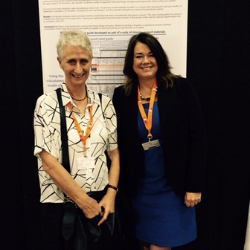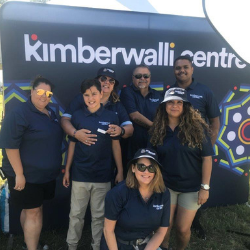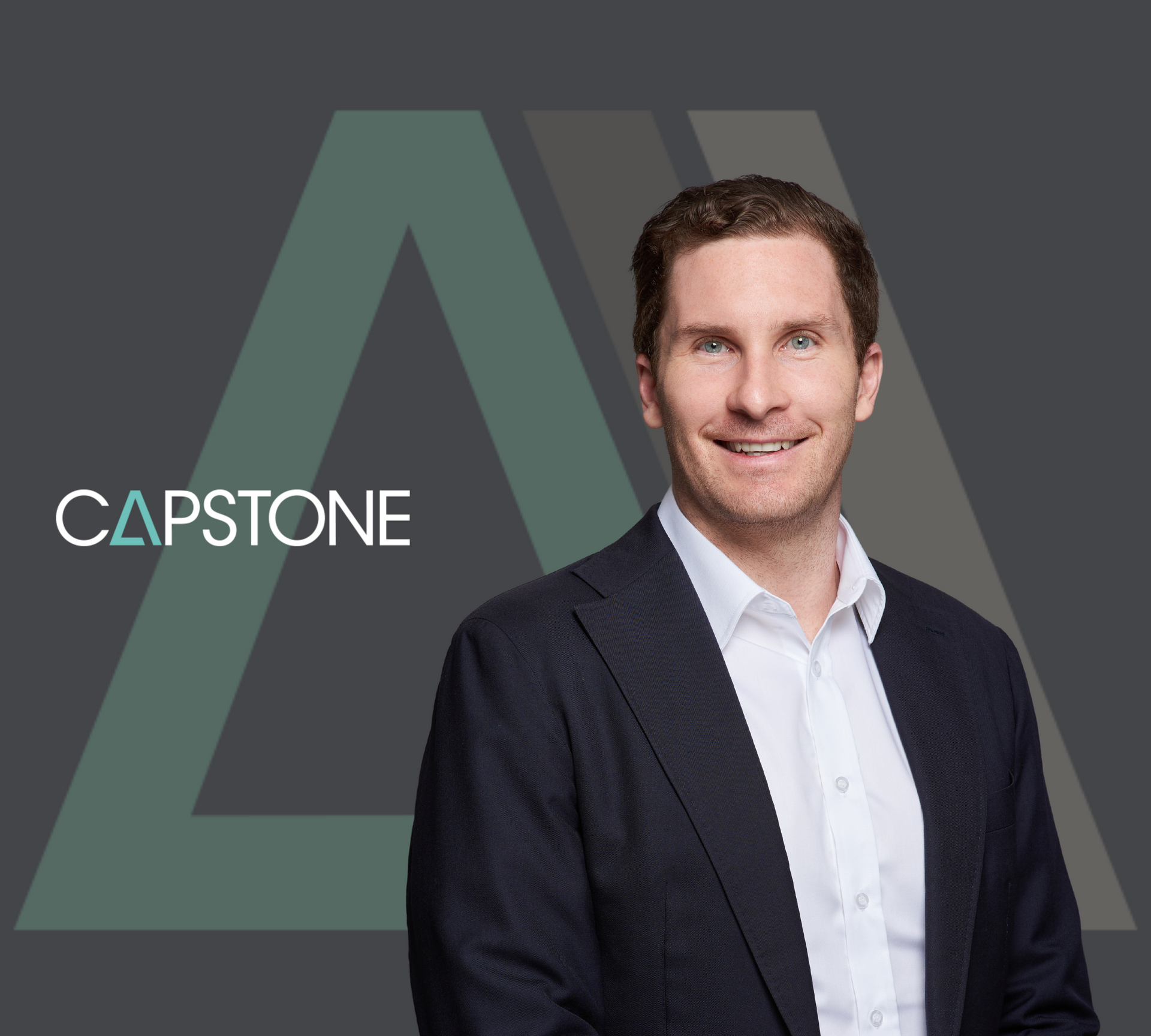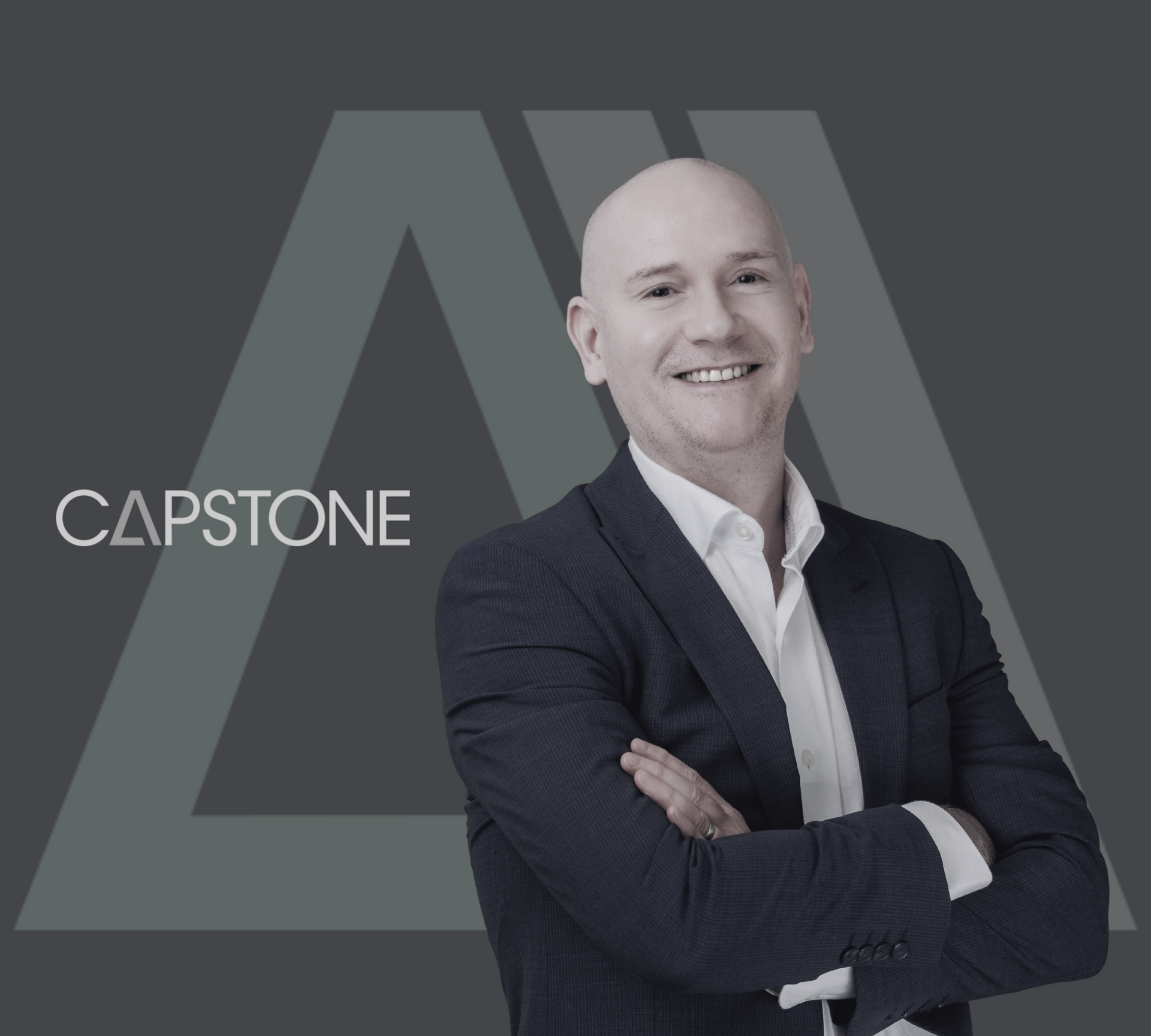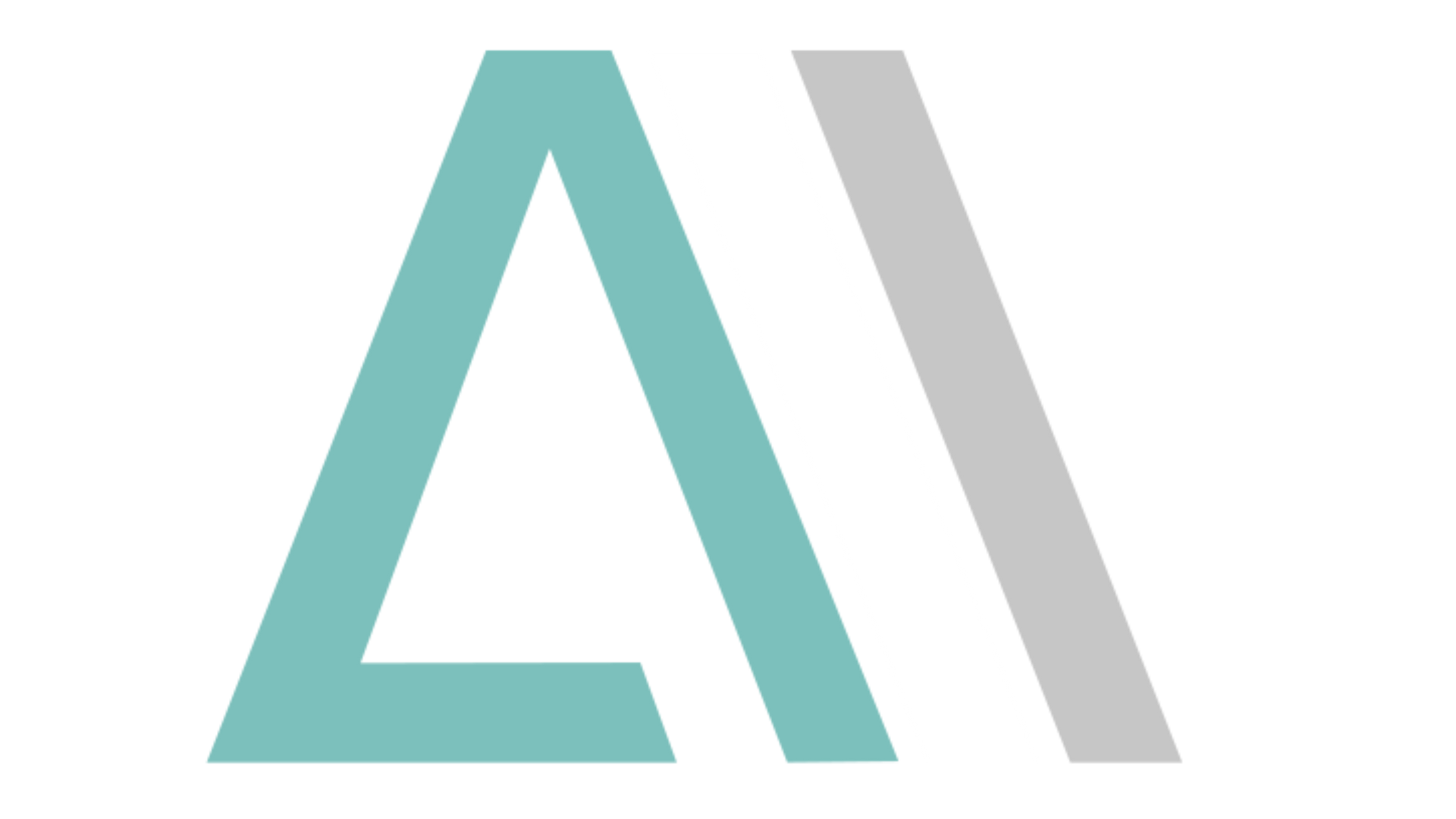
Helen Stark is an experienced Senior Project Officer with extensive policy and project management experience. Over the last ten years, Helen has worked in a variety of senior project and policy roles in Government across Health, Education and Aboriginal Affairs.
Helen took the time to sit down with us as part of our 10×10 Series to discuss her career, personal insights, and future industry trends.
1. Tell us about your career, and how you got started in the Government sector?
I fell into my career in government. I am a qualified pharmacist with an MBA and I spent my first 15 years working in pharmacy and in the private sector in advertising, multi-media, market research, and product management. I initially started working in government as a Project Officer in 2006, this was a part-time job share role that provided the flexibility I needed as my daughter was young at the time as well as being really interesting.
2. How has the sector changed since then?
The changes happening in government parallel what’s happening in the broader economy and in society.
—————–
“Digital disruption is happening quickly and is a fundamental restructuring of the way business and government operates.”
—————–
Online services are improving the way governments communicate, engage with and serve their citizens. At the same time, digital is also transforming internal operations within agencies and departments.
3. What is the latest project or development that’s made you take notice?
The Service NSW website. This site connects NSW citizens with a range of essential government services and delivers meaningful value by enabling a range of online transactions, such as license renewals, all in one place. It is the largest Salesforce communities project in the world.
4. Based on your experience, what do you think will happen within the sector over the next five years?
The move to online government services will continue, demonstrated recently with the newly formed Department of Customer Service (a combination of the NSW’s customer service and IT functions). There will also be a greater imperative for collaboration across different government departments and data sharing, in an effort to improve the delivery of customer services and to address societal issues.
5. How important is diversity in the workplace and do you have any advice for employers?
—————–
“There are 7 billion people in the world. Everyone has a different history, a different story, and different life experiences. The inclusion of diverse views allows organisations to hear and respond to those opinions and life experiences.”
—————–
6. What are some of the biggest challenges you have faced in your current role?
When you do contract work there is a need to get across the project requirements and add value fairly quickly so you need to actively seek out information, opportunities and people you can collaborate with. In this particular role at Aboriginal Affairs I also needed to build my cultural understanding of Aboriginal people and the challenges Aboriginal people can face in the areas of education and employment. I’ve learned a lot and I’m very grateful for the experience.
7. How did you overcome the above challenges?
I work with a great Aboriginal project team and I have attended a number of cultural awareness programs as part of my role here. I’m still learning new things every day.
8. How do you continue to improve your knowledge and skills at work?
As well as the professional development opportunities I get at work I also do online learning on www.EdX.org which offers high-quality courses from leading universities for free or relatively low cost. I am also doing a bit of work with Salesforce as part of my current role. Salesforce CRM applications are being implemented widely across NSW government and the company has an excellent, free online learning platform called Trailhead available at https://trailhead.salesforce.com/en/home
9. What is the most important characteristic a Senior Project Officer needs to be successful?
Although the role of Senior Project Officer in government is very broad, there are a set of core competencies required of all government roles.
—————–
“If I had to pick one I would say the ability to communicate effectively with internal staff and external stakeholders. Also, more and more you need to be able to solve problems creatively, to be curious and adaptable.
—————–
10. Tell us about someone you admire and why…
When I started in my first government role I had a great manager and mentor. We worked together on a five-year national project and I learned a lot from her about producing high-quality work and the virtues of being patient and persistent.
Helen Stark is a Senior Project Officer working within the Sydney team of Aboriginal Affairs
Get to know Helen by connecting with her via LinkedIn.
The post Q&A: Helen Stark, Senior Project Officer at Aboriginal Affairs NSW first appeared on Capstone.
RECENT POSTS
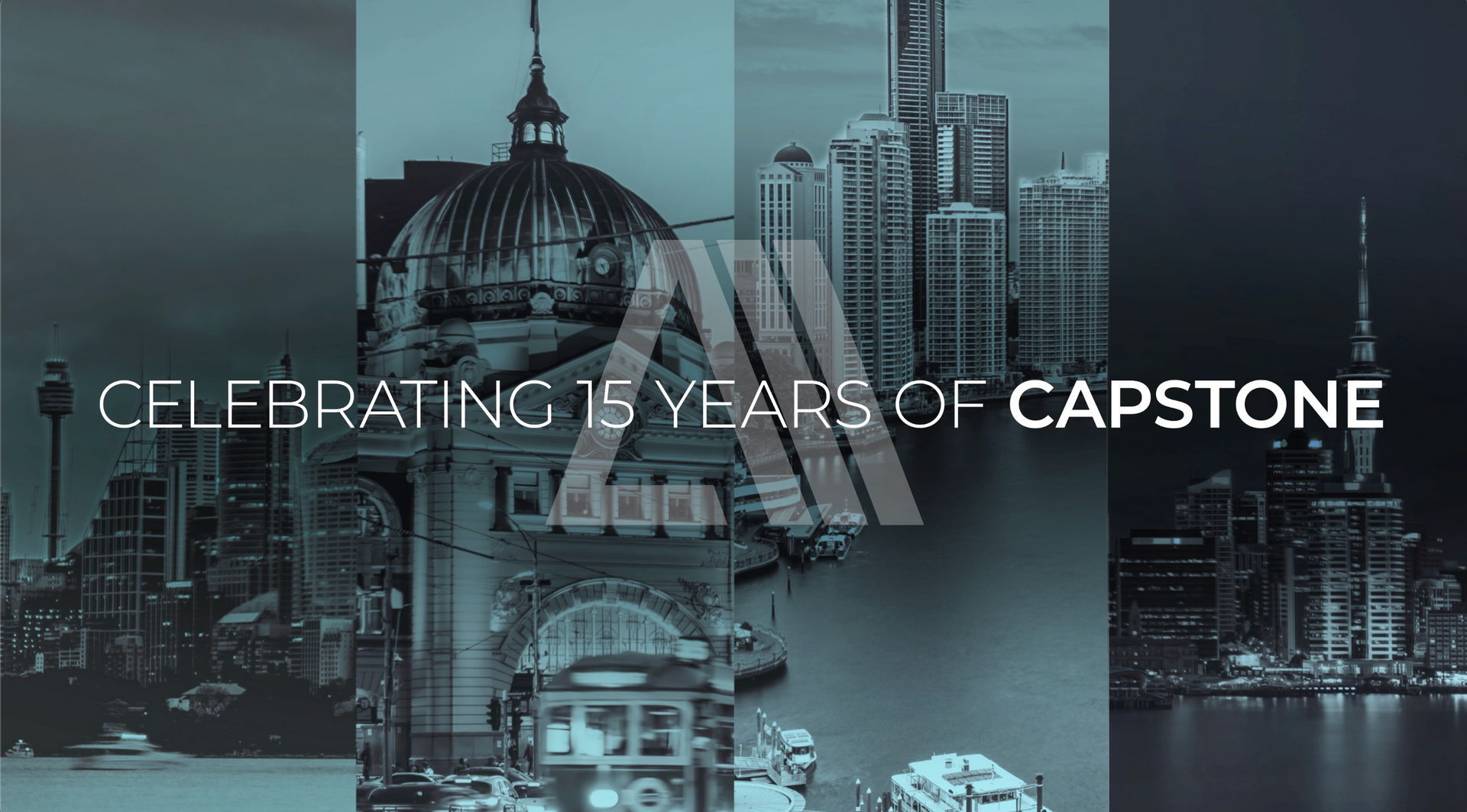

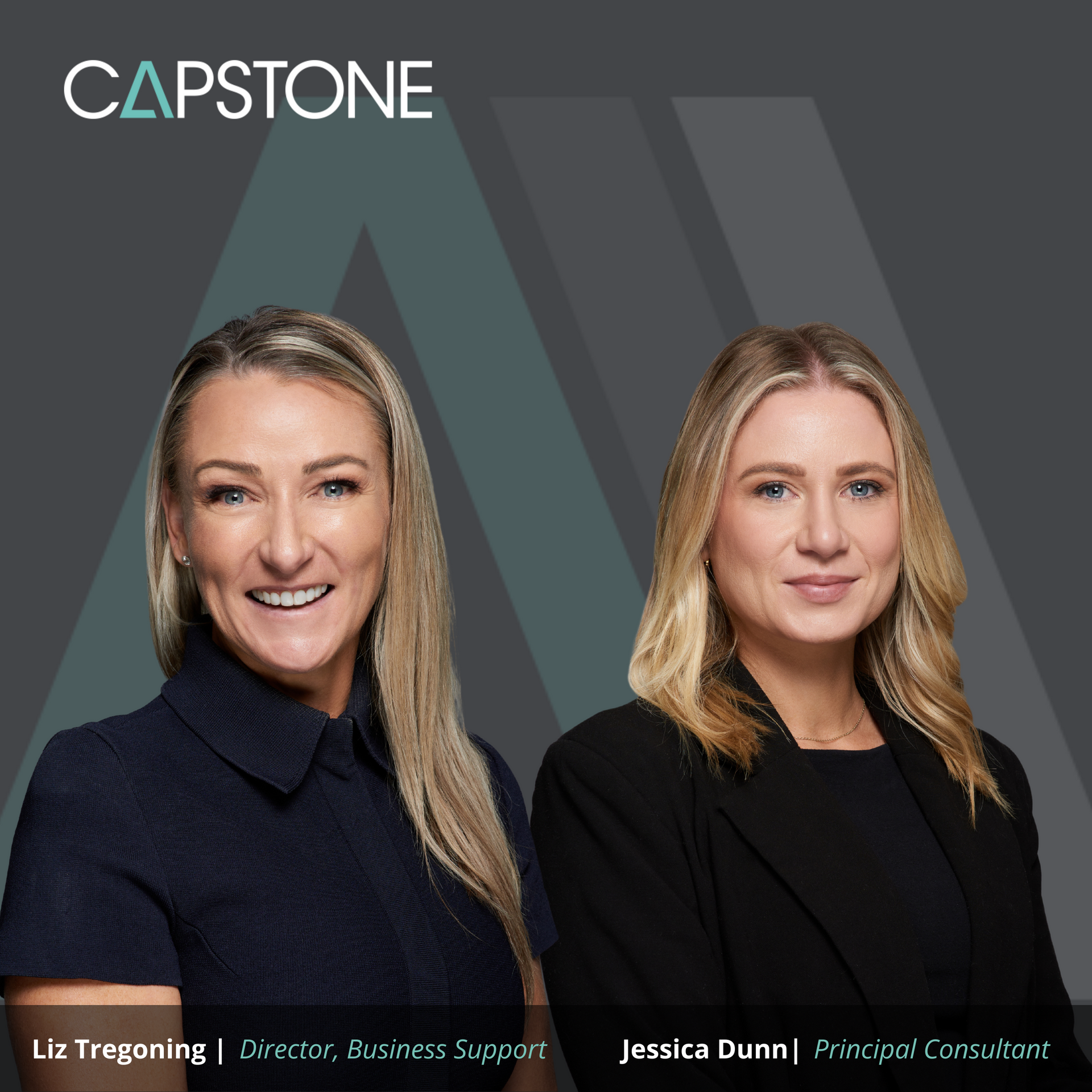
CATEGORIES
LEAVE A REPLY
Your email address will not be published. Required fields are marked *

